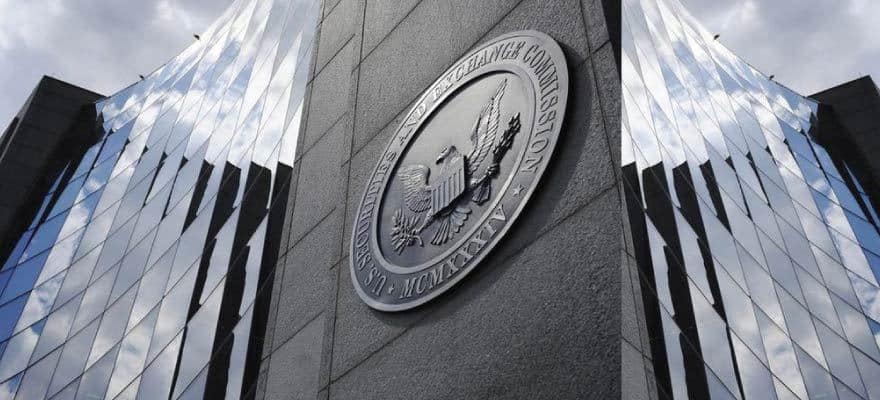
Buffett rubbishes cryptocurrencies; South Korea preps exchange crackdown
Warren Buffett, arguably the world’s most successful and respected investor, has issued a scathing assessment of cryptocurrencies and predicted a “bad ending” for the current bitcoin boom.
His comments appear well-timed following reports that South Korea is planning a potential ban on cyprtocurrency trading – news that has led to sharp drop in bitcoin value.
“I can say almost with certainty that cryptocurrencies will come to a bad end,” said Buffet in an interview with US TV channel CNBC. “When it happens or how or anything else, I don’t know,” he added.
The 87-year old Buffet, head of US financial firm Berkshire Hathaway, also ruled out the idea of shorting bitcoin or looking to capitalise on a crash in cryptocurrencies. “We don’t own any, we’re not short any, we’ll never have a position in them,” he said.
“I get into enough trouble with things I think I know something about. Why in the world should I take a long or short position in something I don’t know anything about.”
Buffet has been consistently sceptical of cryptocurrencies. Back in 2014 he told CNBC that bitcoin is “a mirage” and advised investors to “stay away from it”.
Meanwhile JP Morgan boss Jamie Dimon, a once-strident critic of bitcoin who said he would fire any of his staff trading bitcoin for being stupid, has modified his criticism somewhat, saying that he regrets calling bitcoin a “fraud”. However, Dimon did express reservations about how governments would react to the continuing boom in cryptocurrencies.
Both Dimon’s and Buffet’s comments came just before the price of bitcoin tumbled after South Korea announced plans for a bill banning the trading of bitcoin and China moved to shut down all of the country’s bitcoin mining services.
Trading of bitcoin on Luxembourg-based bitstamp was down by 14% following Thursday’s trading in Asia.
In South Korea, the third biggest market for bitcoin, such is the demand for bitcoin that investors are paying as much as 40% more than international rates, raising fears among the country’s regulators of exploitation and excessive risk.
But whether the ban will be enacted remains to be seen. The announcement from South Korea’s justice ministry was met with a wave of protests from investors, leading a ministry spokesperson to state that the ban is just one of many potential measures and “is not a final decision”.





